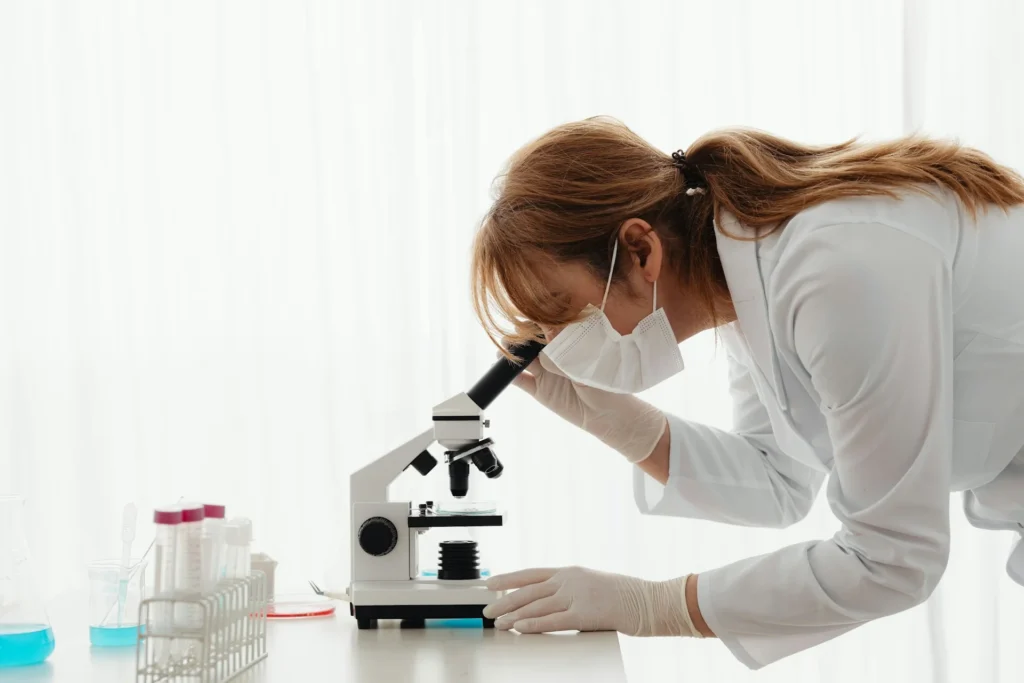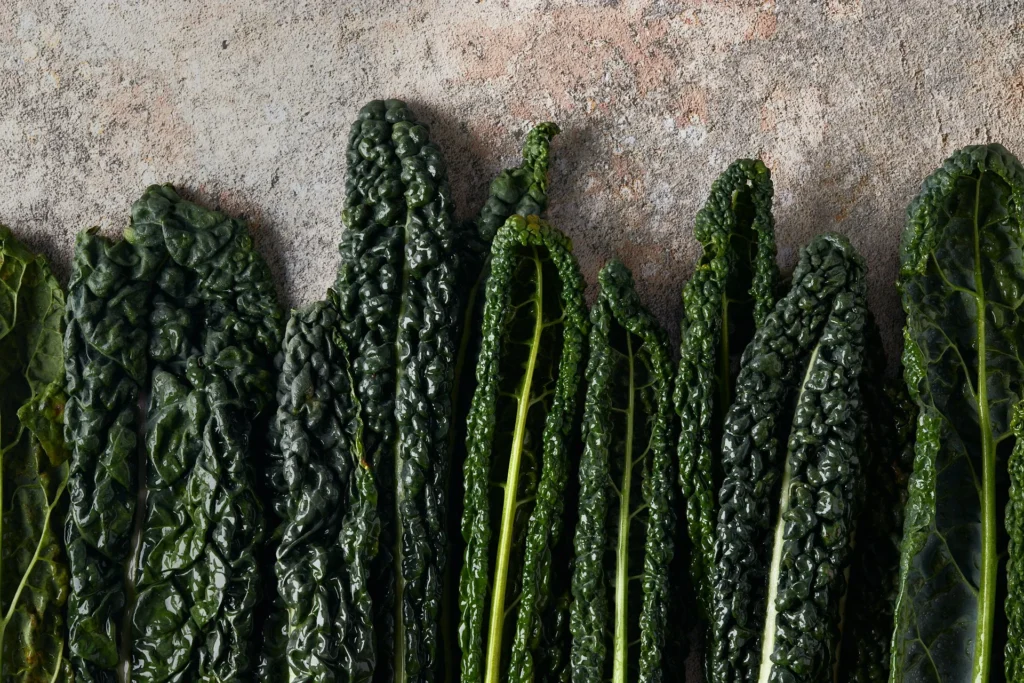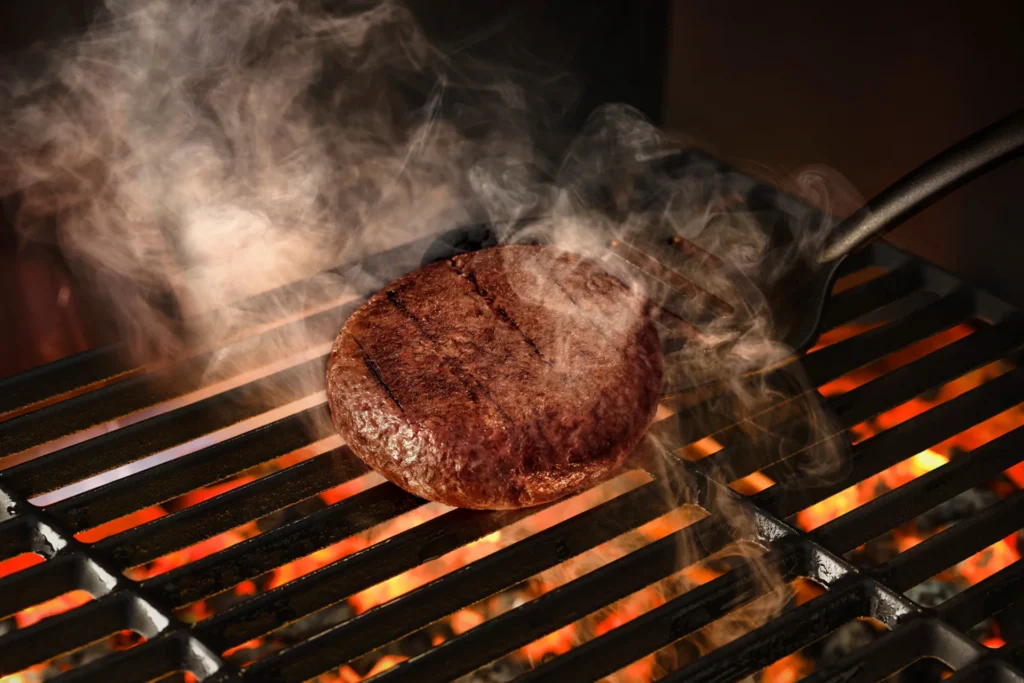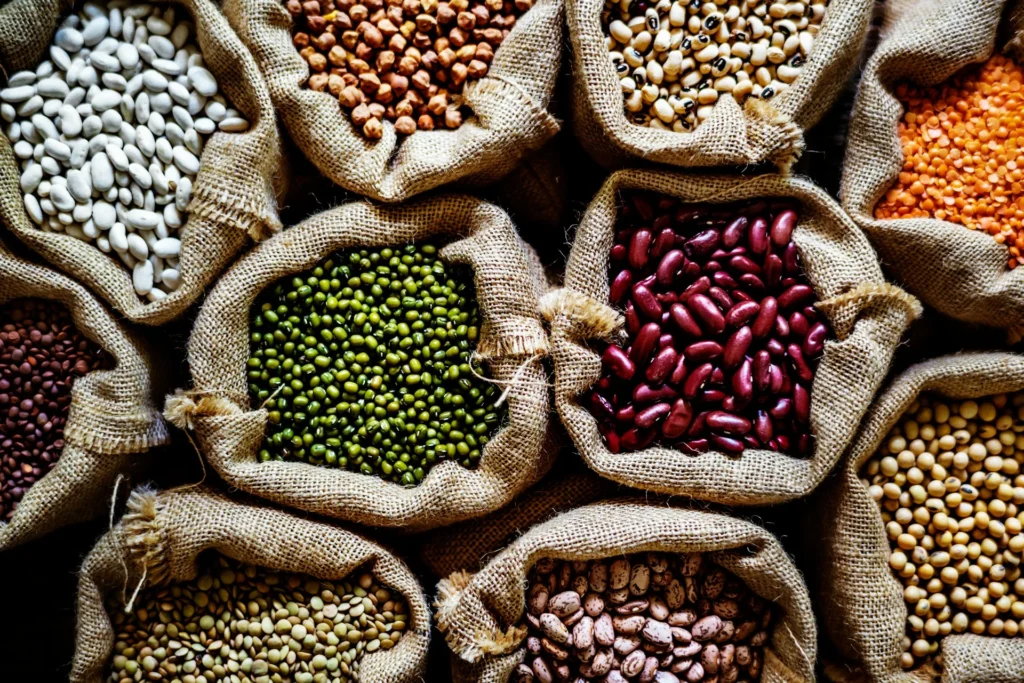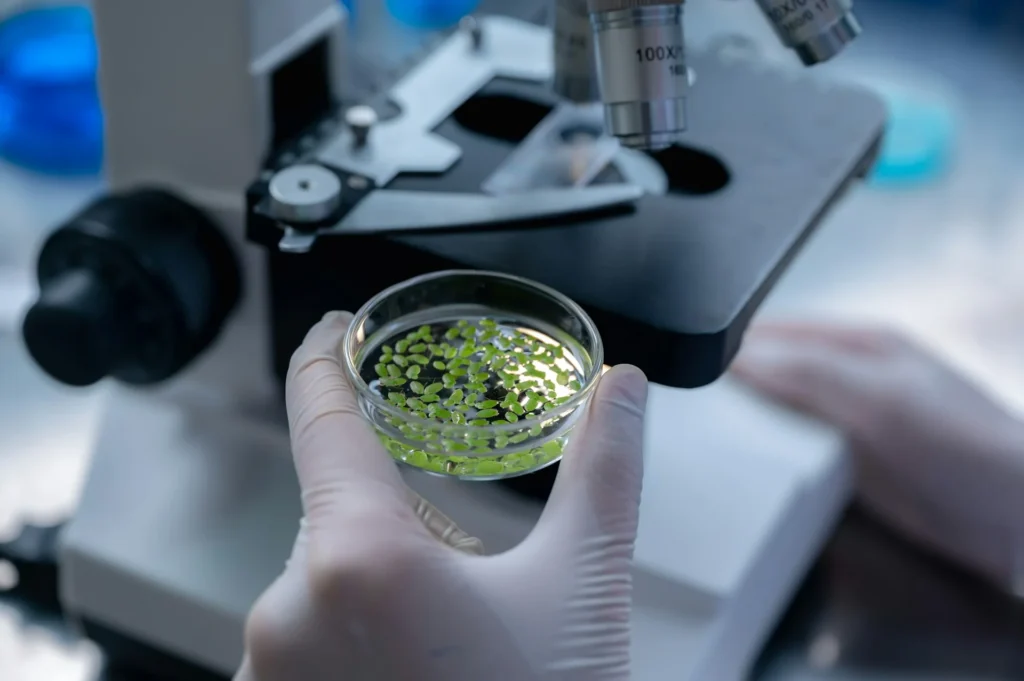According to FAO data, more than 92 billion animals are raised every year for food production. A report by the same organization predicts that, due to population growth, meat consumption could double by 2050. Continuing on this path would lead to increased greenhouse gas emissions, greater use of agricultural land for livestock farming, and an exacerbation of antibiotic resistance in humans. To avoid these outcomes, it would be necessary to initiate a process that allows for a drastic reduction in the use of non-human animals for food purposes. The most direct strategy to mitigate these effects would be to adopt a diet that completely eliminates the use of animal-derived products. A plant-based diet, if properly balanced, is indeed perfectly adequate for the sustenance of human individuals, as demonstrated by a WHO report. However, such types of diets, although increasingly widespread among the population, are not yet embraced by a significant number of people: despite a considerable number of individuals expressing the desire not to contribute to animal suffering, they are at the same time not willing to give up the taste of animal-derived products. A solution that allows the continued consumption of meat without necessarily involving the killing of animals would therefore be ideal. This is precisely what is being achieved thanks to advances in biotechnology: cellular agriculture, and in particular cultivated meat, could be a promising and innovative solution to create a more equitable, safe, healthy, and environmentally friendly food system.
The Right and Cultured Meat: Challenges and Regulatory Perspectives.
In recent years, cultured meat has attracted increasing interest as a potential sustainable solution for the future of food. However, it cannot be brought to market without a solid regulatory framework, as it is intended for human consumption. Indeed, any food product, especially one that is the result of innovative technologies, must meet the stringent requirements of food laws before it can be marketed.
The First Authorization: The Case of Singapore
Singapore, in 2020, became the first country in the world to authorize the marketing of a cultured meat product. In fact, the Singapore Food Agency (SFA) deemed the “chicken” developed by start-up Eat Just to be safe for human consumption. This event marks a milestone, demonstrating that regulatory authorities can effectively assess the safety of novel foods to allow their sale to the public.
The European Union and the Feed for Meat Project.
The European Union has shown a growing interest in cultured meat, investing resources in research to understand its potential. In fact, the REACT-EU program, a tool created to stimulate economic recovery after the severe crisis caused by COVID-19, has provided a 2 million euro grant for the Feed for Meat project, designed by Dutch companies Nutreco and Mosa Meat. In response to aparliamentary question, the European Commission said the project was funded by the EU to better understand the impact such new technology could have on health, the environment and the traditional agricultural economy, as part of the Farm to Fork strategy to make the European food system more sustainable.
Regulatory Challenges in Europe
Despite progress, however, the actual marketing of cultured meat on the European market will still take time. In order for cultured meat to be introduced to the market, it is essential that it meets the EU’s strict food standards. In fact, European legislation is designed to ensure food safety and consumer health protection by relying on clear principles of risk assessment, and approval and monitoring procedures for the introduction of novel foods.
Regulation 2283/2015, on so-called novel foods, is the legislative benchmark for cultured meat. This regulation, in force since January 1, 2018, is designed to regulate a particular category of foods, defined as “novel” where they were not used for human consumption to a significant degree in the EU before May 15, 1997, and fall into at least one of the ten categories listed in Art. 3(2)(a).
Specifically, the basis for the regulation of cultured meat would be found in point (vi), which stipulates that “foods consisting of, isolated from, or produced from cell or tissue cultures derived from animals, plants, microorganisms, fungi, or algae” belong to the novel food category. Cultured meat could thus fall into this category and, after completing the approval process, be included in the list of novel foods. In order to achieve this goal, however, cultured meat will have to demonstrate, according to Art. 7, that it does not pose a risk to human health. Furthermore, since it is intended to replace an already known food, its use must not mislead consumers or be less nutritionally beneficial.
The Novel Food Authorization Procedure
Therefore, in order to authorize the placing of a cultured meat product on the EU market, it will be necessary to follow the procedure described in Art. 10, which requires the applicant to submit an application to the European Commission containing a set of detailed information on the production process, the composition of the food, and scientific evidence demonstrating the safety of the product for consumers. The applicant’s application will then have to be made available to the Member States by the Commission, and, as provided for in Paragraph 3 of the same article, there is the possibility of requesting the opinion of EFSA, the European Food Safety Authority, which will then be required to give its opinion, normally within a period of 9 months, on the application forwarded to it. Following EFSA’s favorable opinion, the Commission is required to submit a proposal for authorization within 7 months to the Standing Committee on Plants, Animals, Food and Feed (PAFF), which consists of representatives of all member states. If the Committee gives a positive opinion, the Commission may proceed to adopt the act authorizing the marketing of the novel food.
Cultured Meat and GMOs
A further issue to consider is the use of genetically modified organisms (GMOs) in the production process of cultured meat. If GMOs were used, cultured meat would in fact also be subject to Regulation 1829/2003. The regulations require that, prior to marketing, these foods must undergo a safety assessment through an EU procedure. However, this authorization procedure is considerably more complex, time-consuming and burdensome than that for novel foods, as it requires applicants to provide more information and analysis. For these very reasons, many European start-ups are already working on producing meat grown without the use of genetic engineering to avoid subjecting their product to such a complex process.
The First Application for Authorization in the EU
On July 26, 2024, French start-up Gourmey made history by submitting its first application to place its cultured foie gras on the European market. In a press release, Gourmey stated that it does not use GMOs in the production of its product, so it can only apply the procedure for novel foods. Now, it remains to be seen how the European Commission will proceed and what the final decisions will be regarding this novel food product.
Conclusion
The path to commercialization of cultured meat is long and complex, but the European regulatory framework provides a solid basis for ensuring the safety of these new products for consumers. The Novel Foods Regulation is the main reference point, but additional regulations may need to be supplemented, especially in the case of using GMOs in the production process. However, once all the steps in the regulations have been passed, cultured meat could pave the way for a new era in the food sector, offering a sustainable and innovative alternative to traditional meat production.


